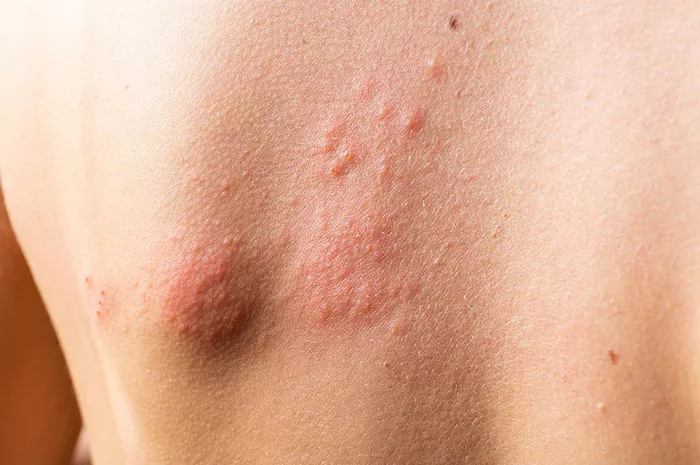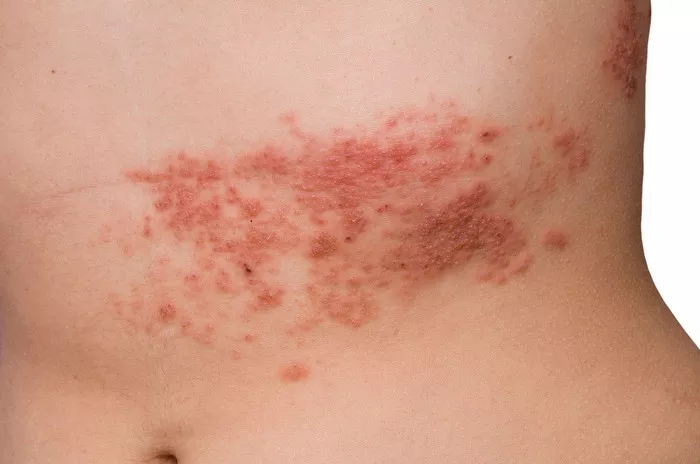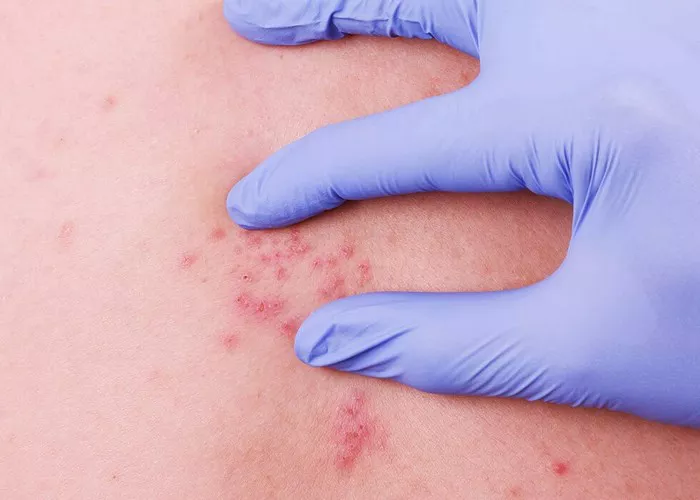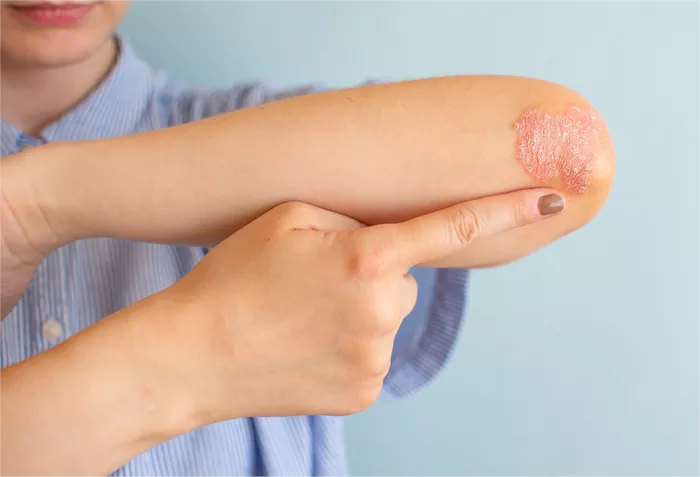Shingles, also known as herpes zoster, is a viral infection that causes a painful, blistering rash. It occurs when the varicella-zoster virus, which causes chickenpox, reactivates in your body. The recovery process can be slow and uncomfortable, but eating the right foods can help support your immune system, reduce inflammation, and speed up the healing process.
In this article, we’ll discuss the types of foods that can help you recover from shingles. We’ll focus on nutrient-rich foods that provide your body with the vitamins, minerals, and antioxidants it needs to fight the virus and promote healing.
1. Foods Rich in Vitamin C
Vitamin C is a powerful antioxidant that plays a vital role in the immune system. It helps your body fight infections, repair tissue, and maintain healthy skin. Since shingles can affect the skin, including nerve endings, vitamin C is especially important for recovery.
Best Sources of Vitamin C:
Citrus fruits: Oranges, grapefruits, lemons, and limes
Berries: Strawberries, blueberries, raspberries
Bell peppers: Red, yellow, or green
Kiwi: A great source of vitamin C
Broccoli and Brussels sprouts: These vegetables are packed with vitamin C
Including these foods in your diet can help boost your immune system and improve skin healing.
2. Foods Rich in Vitamin E
Vitamin E is another essential nutrient that supports your immune function and protects your cells from damage caused by free radicals. It is also known for its skin-healing properties and may help soothe the pain and irritation caused by shingles.
Best Sources of Vitamin E:
Nuts and seeds: Almonds, sunflower seeds, hazelnuts
Vegetable oils: Sunflower oil, wheat germ oil, safflower oil
Green leafy vegetables: Spinach, kale, Swiss chard
Avocados: These are rich in healthy fats and vitamin E
Whole grains: Brown rice, oats, barley
Vitamin E helps to repair skin cells, which is crucial when dealing with shingles blisters and the associated skin damage.
3. Zinc-Rich Foods
Zinc is a mineral that plays a significant role in maintaining a strong immune system. It helps in the production of white blood cells, which are essential for fighting infections. Zinc also supports skin health and accelerates wound healing, making it an essential nutrient when recovering from shingles.
Best Sources of Zinc:
Oysters: One of the richest sources of zinc
Red meat and poultry: Beef, lamb, chicken, turkey
Legumes: Chickpeas, lentils, beans
Nuts and seeds: Pumpkin seeds, sesame seeds, cashews
Whole grains: Quinoa, oats, and brown rice
Incorporating these zinc-rich foods into your diet will help your body heal faster from the blisters and promote skin regeneration.
4. Foods with Antiviral Properties
Since shingles is caused by the reactivation of the varicella-zoster virus, consuming foods with antiviral properties can help to combat the infection. These foods contain compounds that can help inhibit the growth and spread of the virus.
Best Antiviral Foods:
Garlic: Contains allicin, a compound known for its antiviral properties.
Ginger: Contains gingerol, which has antiviral and anti-inflammatory effects.
Turmeric: Contains curcumin, a natural compound that has antiviral and anti-inflammatory benefits.
Coconut oil: Has medium-chain fatty acids that possess antiviral properties.
Incorporating garlic, ginger, turmeric, and coconut oil into your meals can help enhance your body’s ability to fight off the virus.
5. Anti-Inflammatory Foods
Shingles often leads to intense pain and inflammation, particularly in the area where the rash appears. Consuming anti-inflammatory foods can help reduce swelling, ease pain, and speed up the recovery process.
Best Anti-Inflammatory Foods:
Fatty fish: Salmon, mackerel, sardines, and herring are high in omega-3 fatty acids that help reduce inflammation.
Cherries and berries: These fruits contain anthocyanins, which have strong anti-inflammatory effects.
Leafy greens: Kale, spinach, and collard greens are rich in antioxidants that can help reduce inflammation.
Tomatoes: Rich in lycopene, an antioxidant with anti-inflammatory properties.
Olive oil: Contains oleocanthal, a compound with anti-inflammatory effects similar to ibuprofen.
These foods can help reduce the inflammation that comes with shingles and may also help manage pain.
6. Hydration Is Key
While not a specific food, staying hydrated is critical for recovery. Proper hydration helps your body to heal, flush out toxins, and maintain the function of your immune system. When dealing with shingles, it’s essential to drink plenty of water, herbal teas, and broths to stay hydrated.
Tips to Stay Hydrated:
- Drink at least 8 glasses of water a day.
- Herbal teas like chamomile and peppermint can soothe the body and help you relax.
- Avoid sugary drinks, as they can suppress immune function and promote inflammation.
7. Foods High in Lysine
Lysine is an amino acid that can help prevent the varicella-zoster virus from spreading and may reduce the severity of the shingles outbreak. Foods that are high in lysine can support the healing process and prevent the infection from worsening.
Best Sources of Lysine:
Lean meats: Chicken, turkey, pork, and beef
Fish and seafood: Salmon, tuna, and shrimp
Eggs: A great source of protein and lysine
Legumes: Lentils, beans, and peas
Dairy products: Milk, yogurt, and cheese
Including lysine-rich foods in your diet can help your body fight the shingles virus more effectively.
8. Foods to Avoid During Shingles Recovery
While some foods can aid in recovery, others may make your shingles symptoms worse or slow down the healing process. It’s important to avoid certain foods during your recovery to help your body heal properly.
Foods to Avoid:
Foods high in arginine: Arginine is another amino acid that can trigger the reactivation of the herpes virus. It is found in foods like chocolate, nuts (especially almonds and peanuts), seeds, and grains. Limiting these foods may help your recovery.
Refined sugars: Foods like sugary snacks, sodas, and baked goods can suppress your immune system and increase inflammation.
Fried and fatty foods: These can increase inflammation and may slow down healing.
Processed foods: Foods that are highly processed or contain preservatives can weaken your immune system and hinder recovery.
By avoiding these foods, you can give your body the best chance to heal quickly and effectively.
9. Balanced Diet for Overall Health
Eating a well-balanced diet that includes a variety of nutrients is essential not only for shingles recovery but also for your overall health. A healthy diet provides the necessary building blocks for your body to fight infections, repair damaged tissues, and maintain strong immune function.
A balanced diet should include:
Protein: Essential for tissue repair and immune function. Include lean meats, eggs, legumes, and dairy products.
Healthy fats: Avocados, olive oil, nuts, and seeds provide essential fatty acids that support skin health.
Complex carbohydrates: Whole grains, vegetables, and fruits provide energy and essential vitamins and minerals.
Fiber: Found in fruits, vegetables, and whole grains, fiber supports digestive health and helps regulate blood sugar.
10. Supplementing with Nutrients
While food is the best way to get the nutrients you need, sometimes supplements can help if you’re unable to get everything through diet alone. Common supplements that may support shingles recovery include:
Vitamin C: An essential nutrient for immune function.
Vitamin E: Supports skin health and healing.
Zinc: Important for immune function and skin healing.
Lysine supplements: May help reduce the severity of shingles symptoms.
Probiotics: Help maintain a healthy gut microbiome, which is important for immune health.
Before taking any supplements, it’s important to consult with a healthcare provider to ensure they’re safe and effective for your specific needs.
Conclusion
Recovering from shingles can be a challenging process, but with the right foods, you can help your body heal faster and manage symptoms more effectively. A nutrient-dense diet rich in vitamin C, vitamin E, zinc, and lysine, along with anti-inflammatory and antiviral foods, will support your immune system and promote skin healing. Avoiding foods that can trigger the virus or increase inflammation is also crucial.
By focusing on nourishing foods and maintaining proper hydration, you can speed up your recovery and improve your overall well-being as you heal from shingles.
Related topics:



























